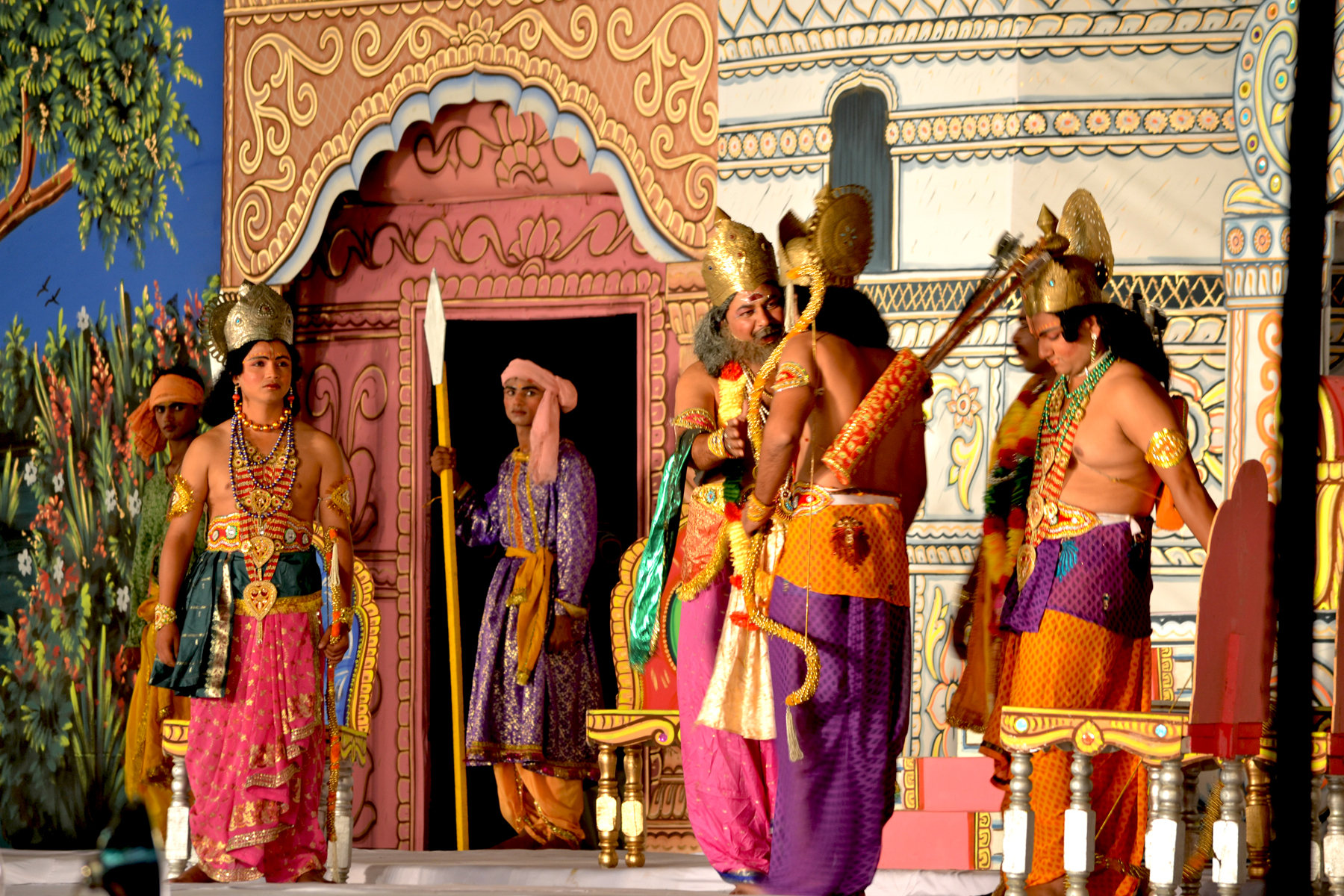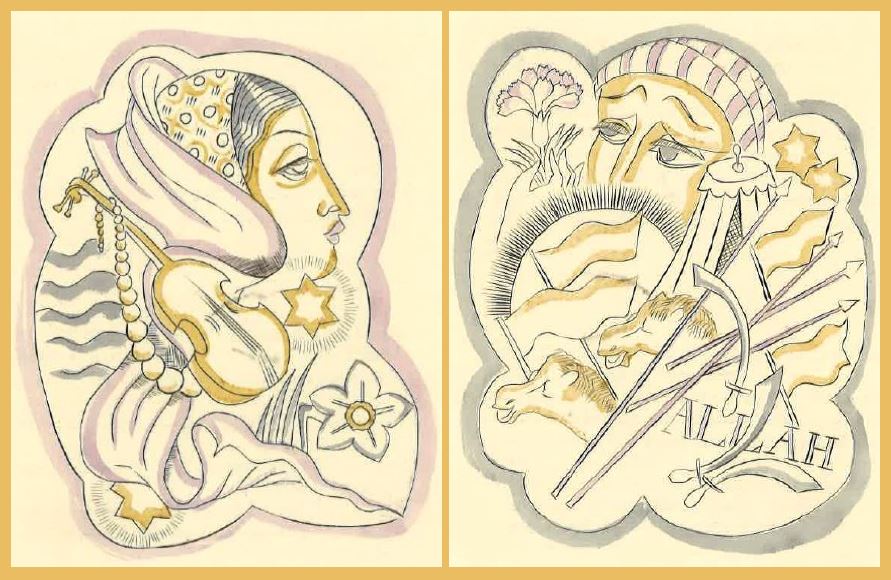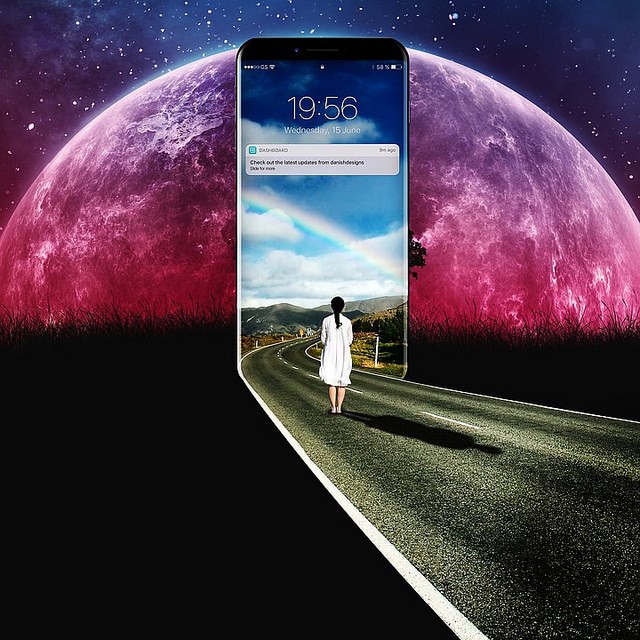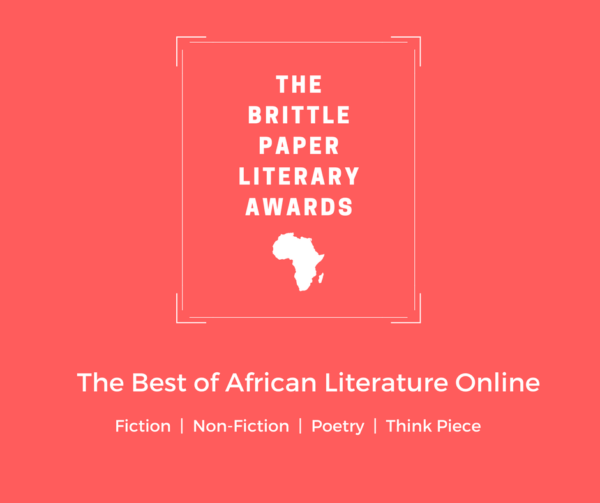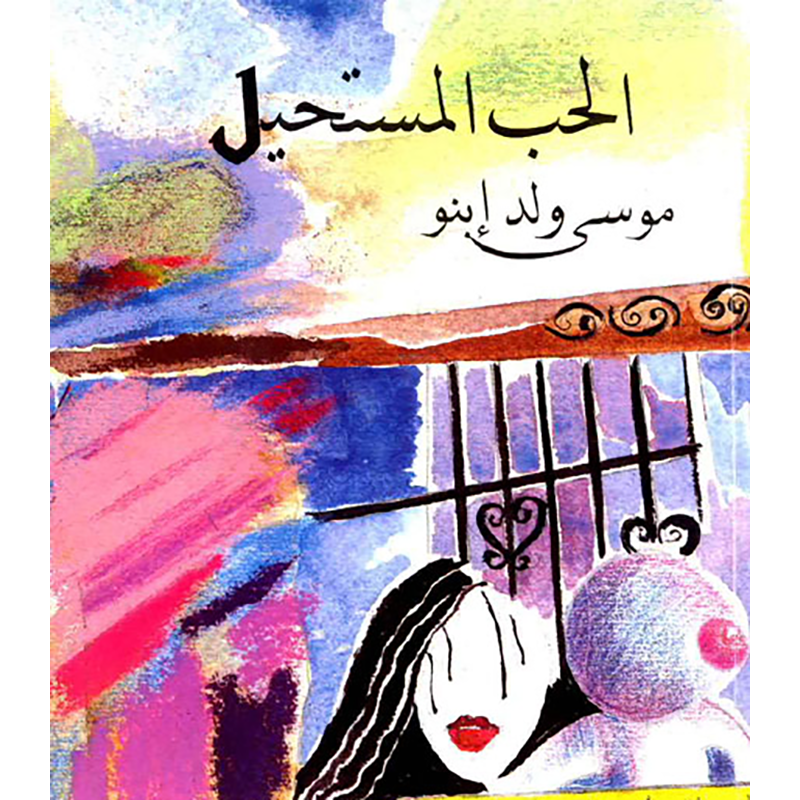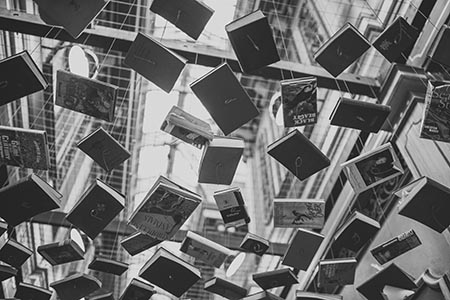As we aim to highlight the various routes of literary circulation that World Literature encompasses, the digital sphere is undoubtedly one of the most recent though potentially vibrant platforms of exchange.
MULOSIGE Reading List: The Poetics of the Orphan In Postcolonial Literature
Matt Reeck (UCLA) offers a guided reading list to interrogate the "Poetics of the Orphan in Postcolonial Literature".



